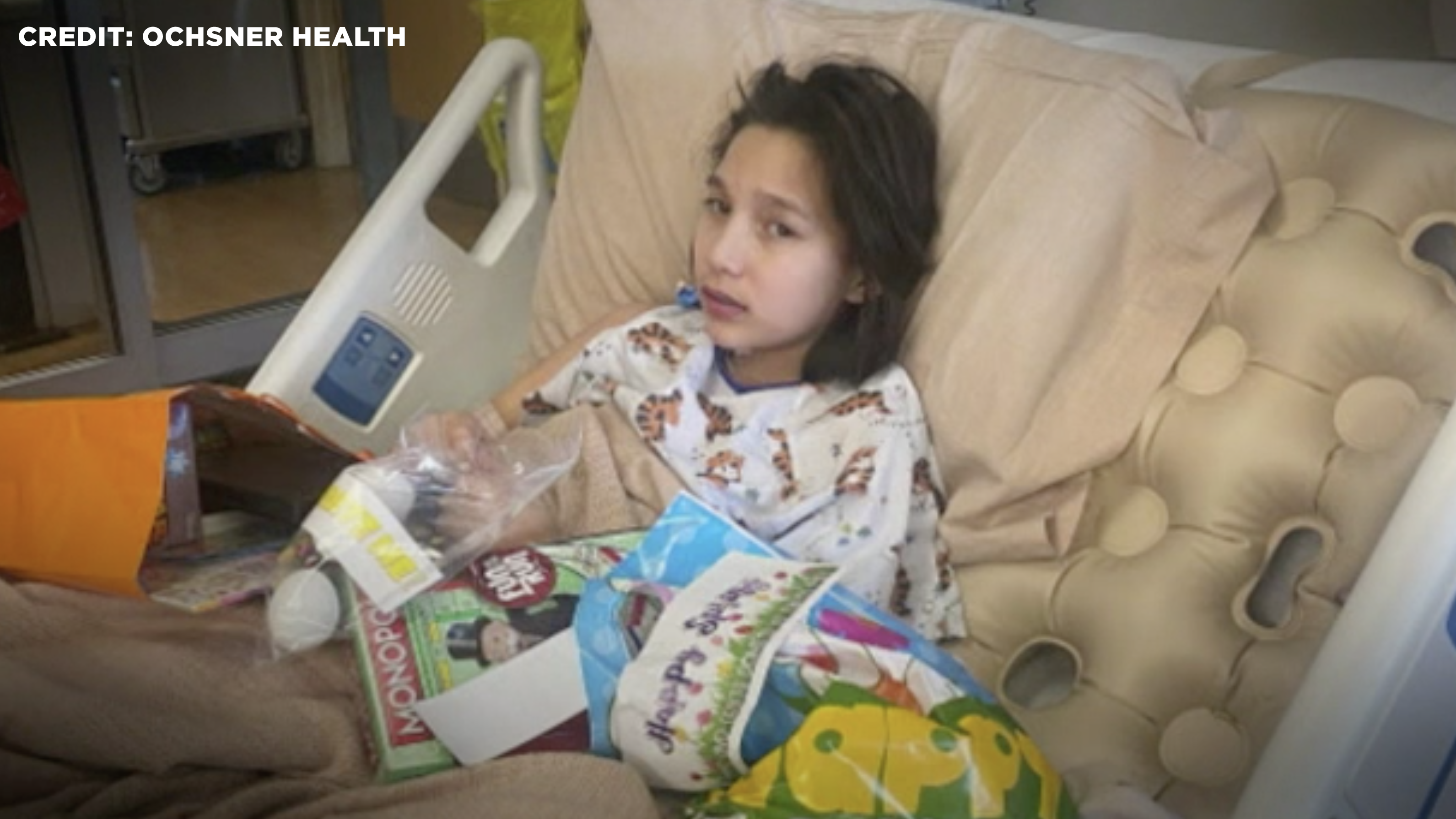Trump falsely declares kids safe from coronavirus: AP Fact Check

President Donald Trump is falsely suggesting that children are safe from the coronavirus as he pushes to reopen the country now and schools in the summer or fall.
Although Trump is broadly correct that the disease is most deadly to the elderly and to people with existing health problems, his statement that "the children aren't affected" is heedless. Some have died from it. His recent comments also skirt the threat to healthy adults in their 50s and younger.
A look at his statements on the subject:
TRUMP: "With young children and children, we'd like to see the schools open early next season and on time. It's incredible how the - it's very unique how the children aren't affected, but people that have problems and older people are - can be very badly hurt, injured, or die from this problem." - remarks with Native leaders Tuesday in Phoenix, Arizona.
TRUMP: "You see how well children seem to do. It's incredible. We realize how strong children are, right?" - remarks with nurses Wednesday.
TRUMP: "It affects older people. It infects - if you have any problem - heart, diabetes, even a little weak heart, a little diabetes, a little - this thing is vicious, and it can take you out, and it can take you out very strongly. But children do very well." - remarks Sunday to Fox News.
THE FACTS: His suggestion that children are in the clear is false. To say they "do very well" with the disease is generally more accurate, based on what is known so far. His implication that the risk is limited to the old and sick is incorrect,
It's true kids get sick less often than adults and tend to be less ill when they do get sick. But his statements overlook severe COVID-19 illnesses and deaths of children. And they gloss over the fact that kids can spread disease without showing symptoms themselves.
SEE ALSO: What parents should know about rare condition that affects some kids with COVID-19
The Centers for Disease Control and Prevention studied the pandemic's effect on different ages in the U.S. early on and reviewed preliminary research in China, where the coronavirus started. It said social distancing is important for children, too, for their own safety and that of others.
"Whereas most COVID-19 cases in children are not severe, serious COVID-19 illness resulting in hospitalization still occurs in this age group," the CDC study says.
At the beginning of April, the CDC analyzed nearly 150,000 laboratory-confirmed U.S. COVID-19 cases and found nearly 2,600 children with the disease. Since then the number of confirmed cases overall in the U.S. has rocketed, making the April findings very preliminary.
The pediatric cases that were found spanned all ages of childhood. The median age of children sick with COVID-19 was 11. More than 5%, perhaps as many as 20%, required hospitalization.
People 18-64 were by far the largest age group sickened by the virus - 76% of the confirmed cases studied by the CDC. COVID-19 was not and is not limited to the oldest people, even if they are the most vulnerable age group.
The study indicated that children sick with the virus may or may not have the usual symptoms for adults: fever, cough, shortness of breath. But it did not get solid data on what other specific symptoms to look for.
VIDEO: 12-year-old girl who suffered heart failure after COVID-19 diagnosis speaks out

In addition to the risk of COVID-19 itself, dozens of children in the U.S. now are reported to have been hospitalized with a serious and rare inflammatory condition that may or may not be linked to the coronavirus. That provides another reason not to be complacent about kids and the pandemic, infectious disease specialists say.
For Juliet Daly, 12, of Covington, Louisiana, the coronavirus symptoms were not shortness of breath and the like but stomach pain, vomiting, cold limbs and lips turning blue.
Admitted to a local hospital, she had a heart attack, received CPR and was flown to another medical center for 10 days of care, four of them on a ventilator. She was found to have had coronavirus and a secondary infection of adenovirus, and was developing "multisystem organ failure," her doctor said.
She has since recovered. "I died," she said, "and came back."









